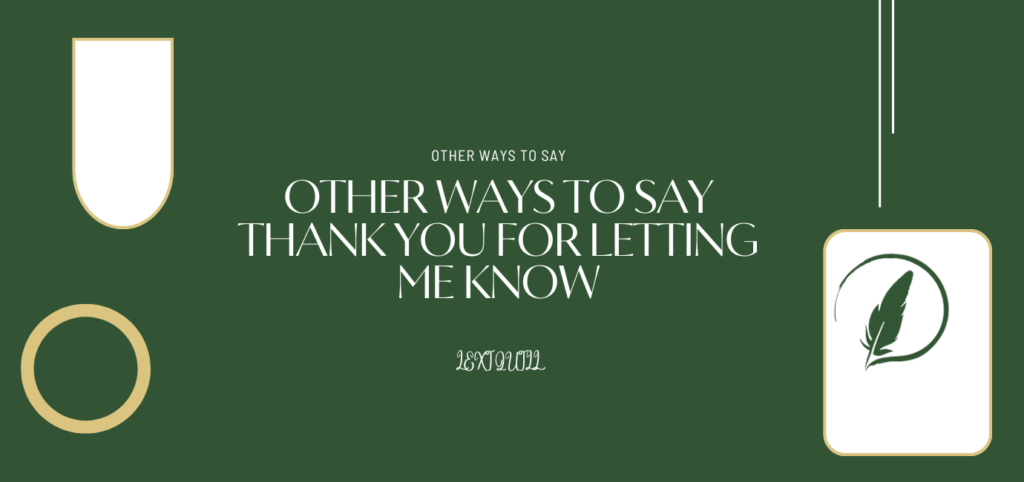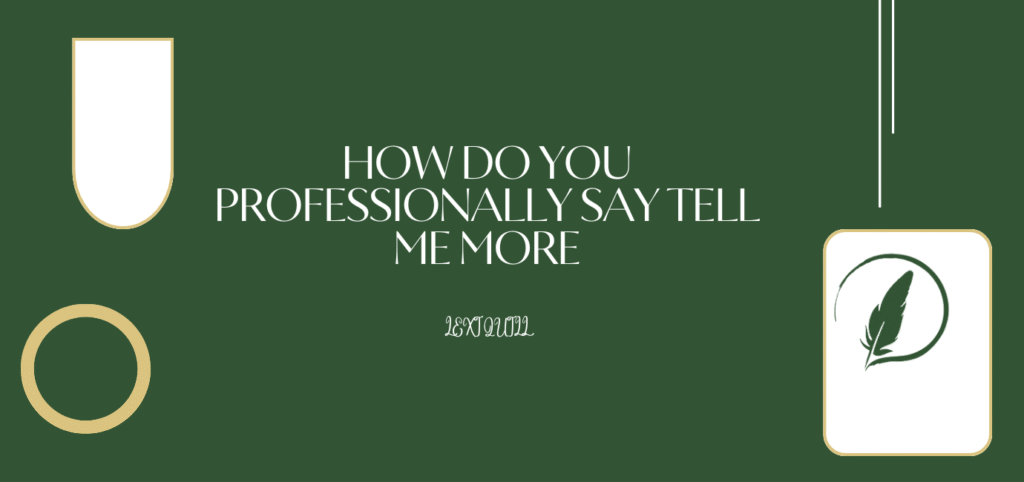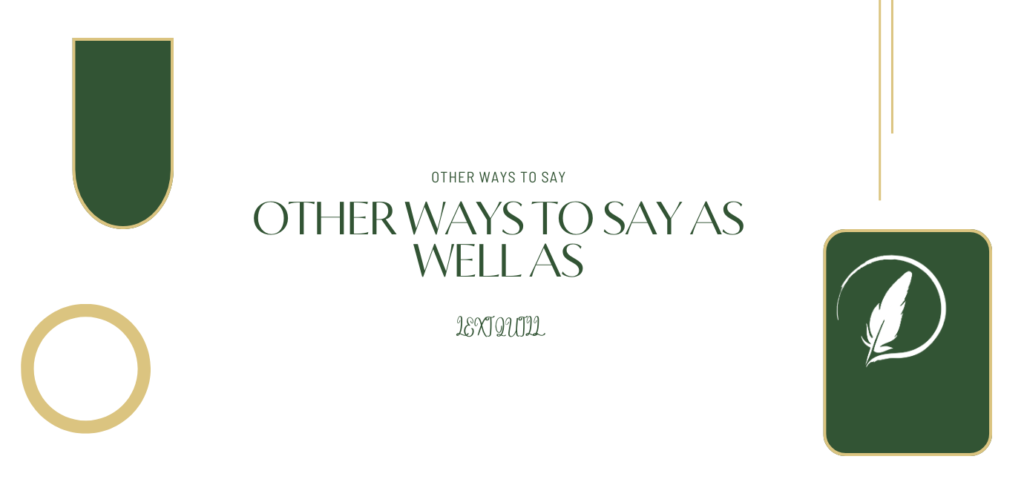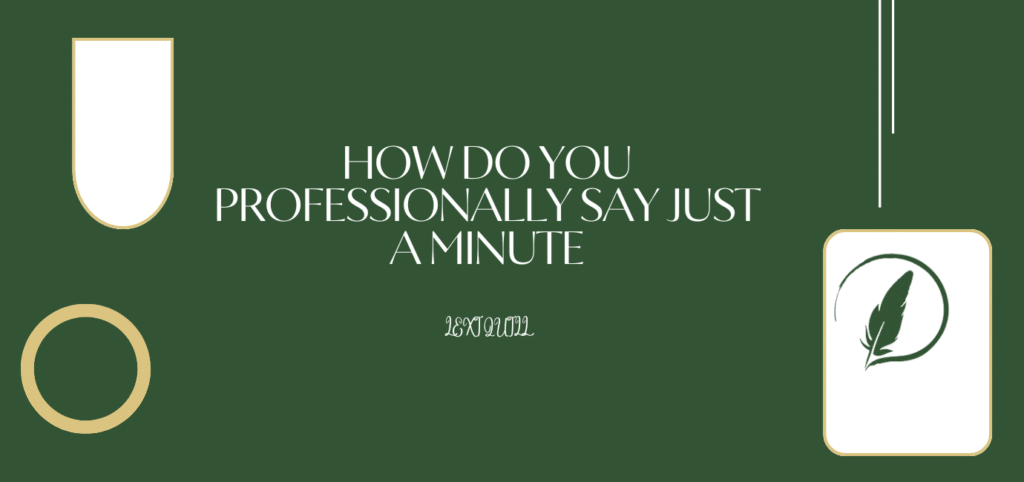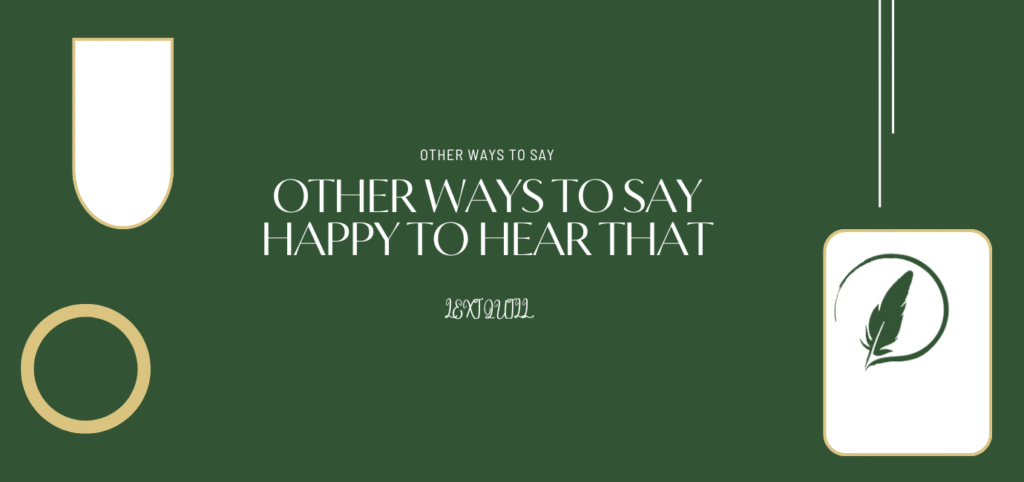There are also situations where you would need to say that you do not know. Whether you are speaking informally with friends, composing a professional email, or delivering a formal presentation, finding the right phrase to express uncertainty can make a big difference. Using alternatives to “I have no idea” can help you come across as more polite, professional, confident, or even humorous. In this article, we explore several expressions you can use depending on the tone, audience, and setting.
Why Use Alternatives?
Although “I have no idea” is a common and widely accepted phrase, having a few variations at your disposal adds color and flexibility to your language. Some alternatives help you sound more diplomatic or thoughtful, while others add a lighthearted or humorous tone. Especially in professional and academic environments, certain phrases are better suited to maintain credibility and a proactive image. On the other hand, informal expressions may be better suited for everyday conversation among peers.
1. I’m not sure.
This is a polite, respectful, and neutral way to admit that you don’t know something. It’s suitable for both casual conversations and more formal environments.
Example: I’m not sure where she went, but I can ask around and get back to you.
2. I don’t know.
A direct and honest way of expressing uncertainty. While it may seem a bit blunt, it is perfectly acceptable in most situations and conveys sincerity.
Example: I don’t know the answer to that, but I can check for you and follow up.
3. I haven’t got a clue.
This phrase is more casual and expressive, often used to emphasize total ignorance about a topic. It adds a touch of personality and is commonly used in informal speech.
Example: I haven’t got a clue how this machine works! Maybe we should call tech support.
4. I’m unsure.
A professional, clean, and composed way of expressing uncertainty. It’s often used in business or academic settings when a thoughtful response is expected.
Example: I’m unsure of the exact figures, but I will review the report and confirm.
5. That’s a good question!
This phrase is a clever way to buy time and acknowledge the merit of a question before admitting uncertainty. It’s an excellent tool for engaging others while staying polite.
Example: That’s a good question! I don’t have the answer off the top of my head, but I’ll look into it.
6. Let me check on that.
This alternative is action-oriented and shows initiative. It assures the other person that you take their question seriously and are willing to find an answer.
Example: Let me check on that, and I’ll get back to you shortly with accurate information.
7. I can’t say for sure.
This is a softer and more diplomatic way to express that you’re uncertain. It implies that you might know a little but don’t want to give an incorrect answer.
Example: I can’t say for sure, but I believe the deadline is next Monday. Let me confirm.
8. I’ll need to find out.
This phrase emphasizes that you are taking responsibility for getting the correct information. It signals reliability and willingness to help.
Example: I’ll need to find out, but I’ll make it a priority and follow up as soon as I know.
9. Beats me.
An informal and humorous way of saying you have no idea. It lightens the mood and is great for casual interactions.
Example: Beats me why the Wi-Fi is so slow today! Maybe it’s time to restart the router.
10. I don’t have the slightest idea.
A more colorful and exaggerated version of “I don’t know.” It conveys complete ignorance in a more dramatic or playful tone.
Example: I don’t have the slightest idea where my keys are! I must have left them somewhere weird.
Final Thoughts
Having a variety of ways to express uncertainty helps you communicate more effectively and appropriately in different settings. Whether you’re aiming to sound professional, courteous, humorous, or humble, the right phrase can make your message more engaging and relatable. Try experimenting with these alternatives to make your conversations, presentations, or emails more dynamic and expressive.


